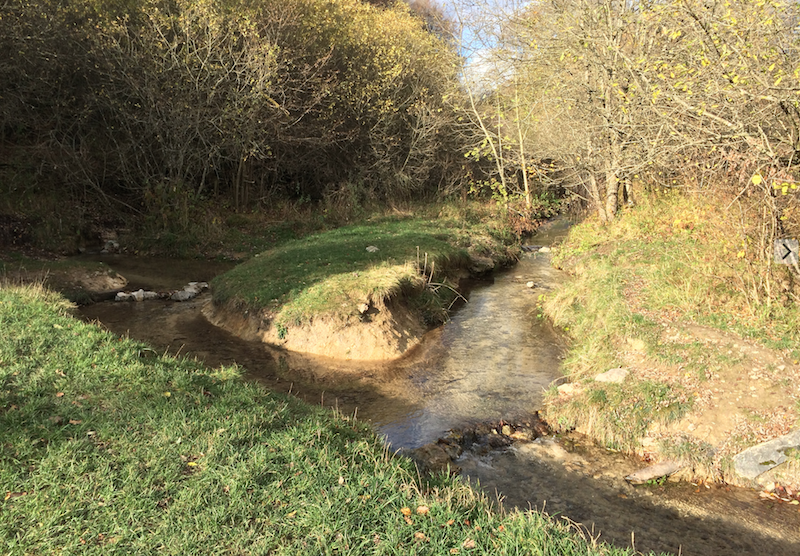Djangocon: CMS Panel - Iacopo Spalletti and Tom Dyson¶
(One of the summaries of a talk at the 2015 Djangocon EU conference).
The panel consisted of Iacopo Spalletti of Django CMS and Tom Dyson of Wagtail.
For many people, a CMS is the way they get acquainted with django, so it is pretty important. Often they come from Wordpress originally.
What is the main philosophy of your CMS?
Django CMS tries to be just another django app. After a while, django cms grew to support multiple roles. The content manager, the front-end designer, the main editors and the other editors. The main editors set up the content structure of the site and the other editors fill it.
Wagtail doesn’t try to give editors as much power as django CMS (and Drupal and so) do. Often the super-powers aren’t even used. It is more aimed at django programmers. It has its own UI (instead of the standard django admin). Performance is a key priority.
In practice, how does the philosophy work out for you?
Django CMS is build upon the flexibility of the django admin. They use it everywhere and it gives them a lot of power. The only pain point is the URLconf. They love django. They wouldn’t be anywhere without django.
Wagtail also tries to make the most use of all the great tools that django gives them. A point of friction for first-time users is django’s installation. It just isn’t as easy as uploading a couple of PHP files.
Ultimately, every CMS has a UI. Does django need to change anything in the way it deals with the front-end?
Wagtail is often used through its API. The front-ent is often a separate javascript application. No problems there.
CMSs are often used to create traditional websites. Websites that need to be crawlable by search engine bots. So that often means a regular html website. And if you need it there are more than enough ways to get your data into a javascript front-end.
Do you have any advice for the other CMS?
Django CMS’s lesson number one is “communicate correctly with the community”. This is especially necessary for an open source project. They had some grumbling about features that got removed from one version to another.
Wagtail: they made a couple mistakes with the community because they didn’t respond quickly enough to pull requests at the start of the project. So watch out for that.
How far away are we from a tidal wave of new developers because we’ve pushed wordpress off its throne?
Django CMS: deployment is the bottleneck. You could solve it at the service provider level, perhaps, because then you wouldn’t have to install it yourself.
Wagtail: yes, agreed. A second point is themes. Wordpress has lots of themes. But I don’t know if that would be a good fit for us.
We don’t really have a commercialization story. You can’t really sell django themes at the moment, for instance.
Wagtail: they’re mainly developing wagtail to make it easy for themselves to build websites quickly. They’re not sure themselves how it could be commercialized (in addition to making money with the websites).
